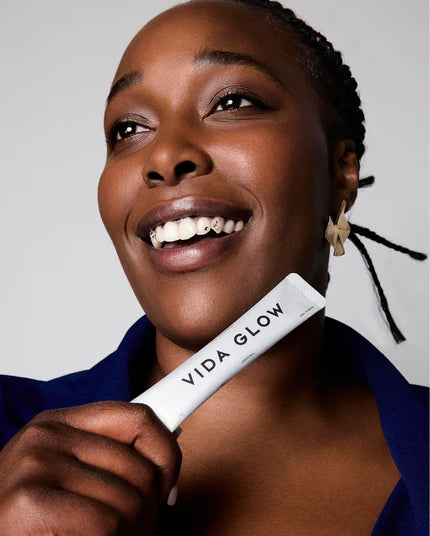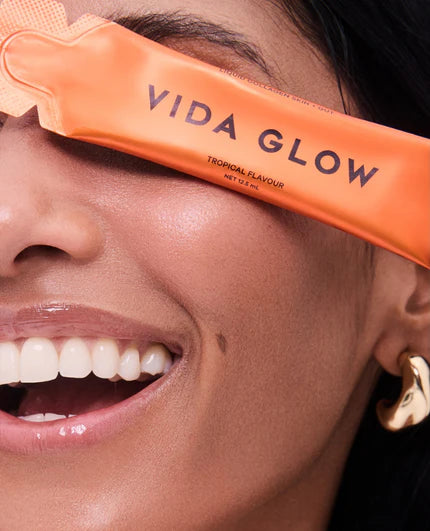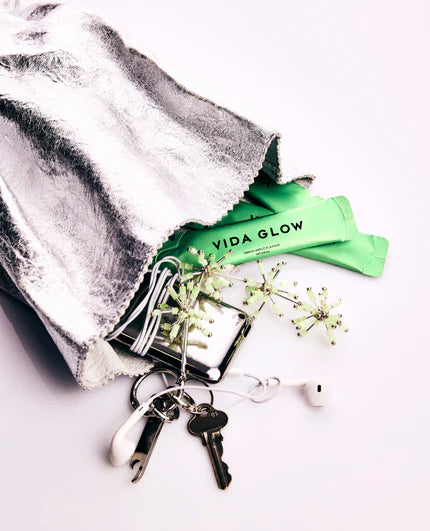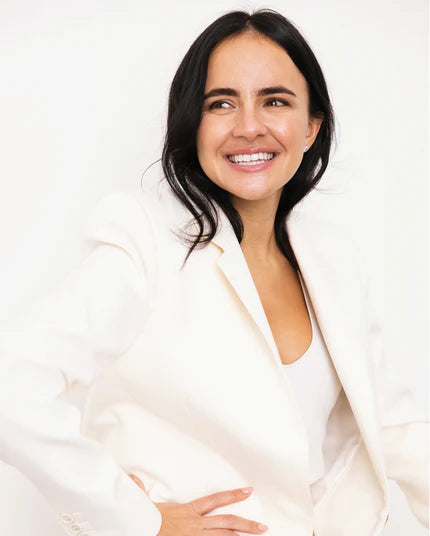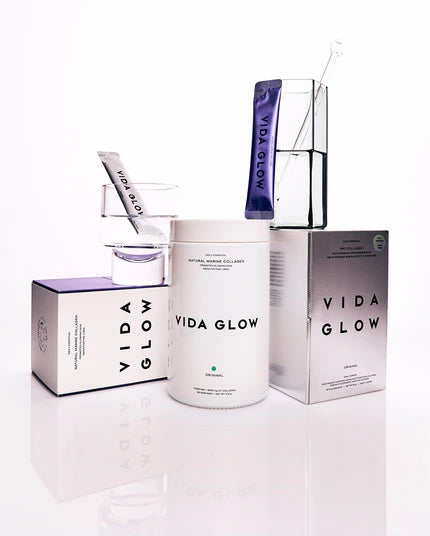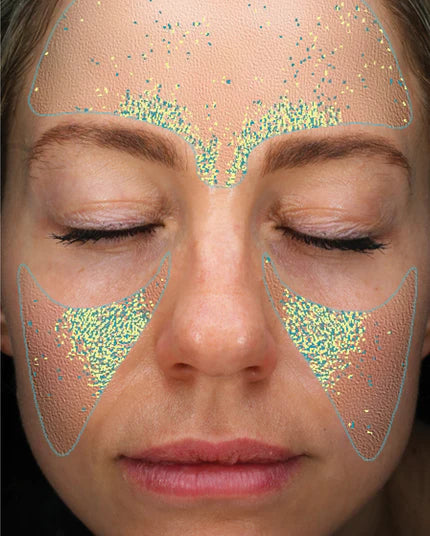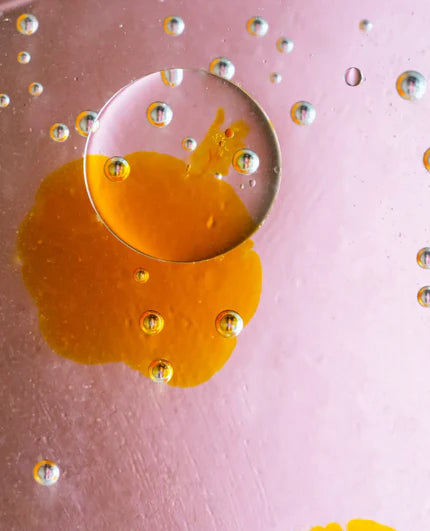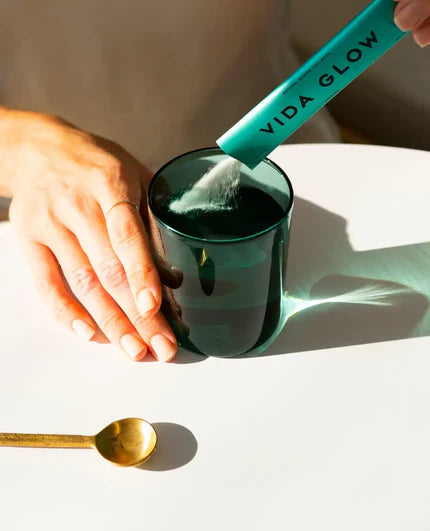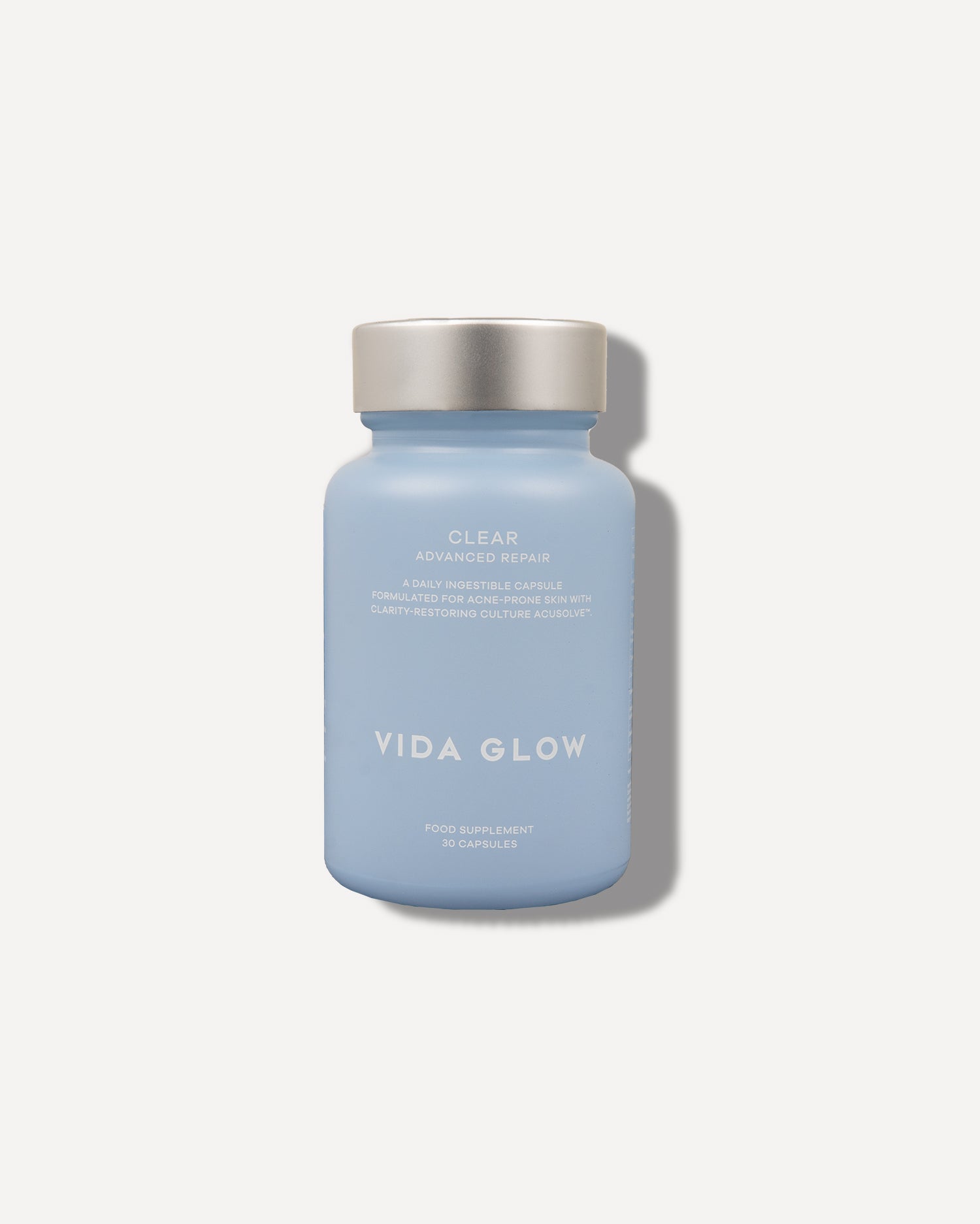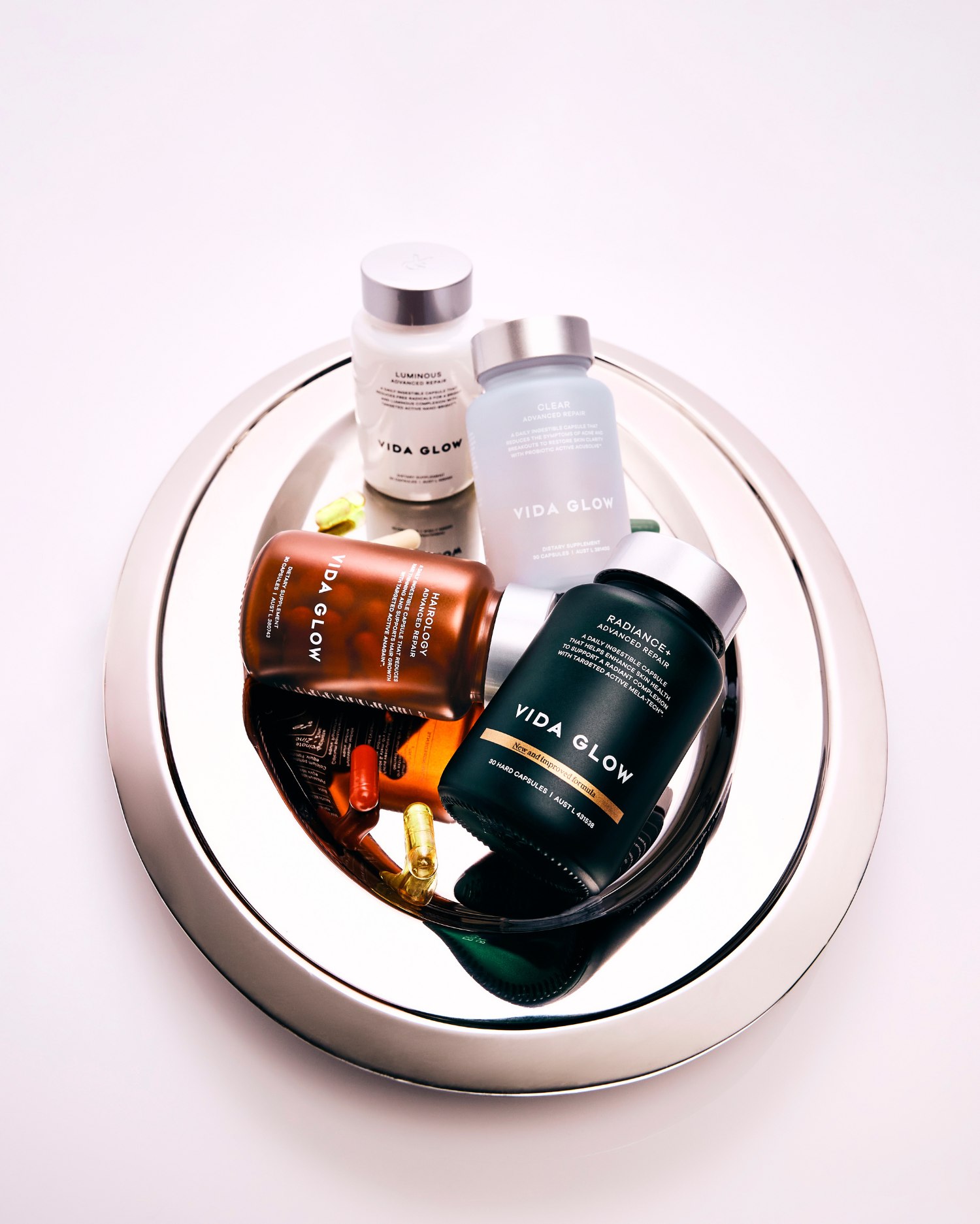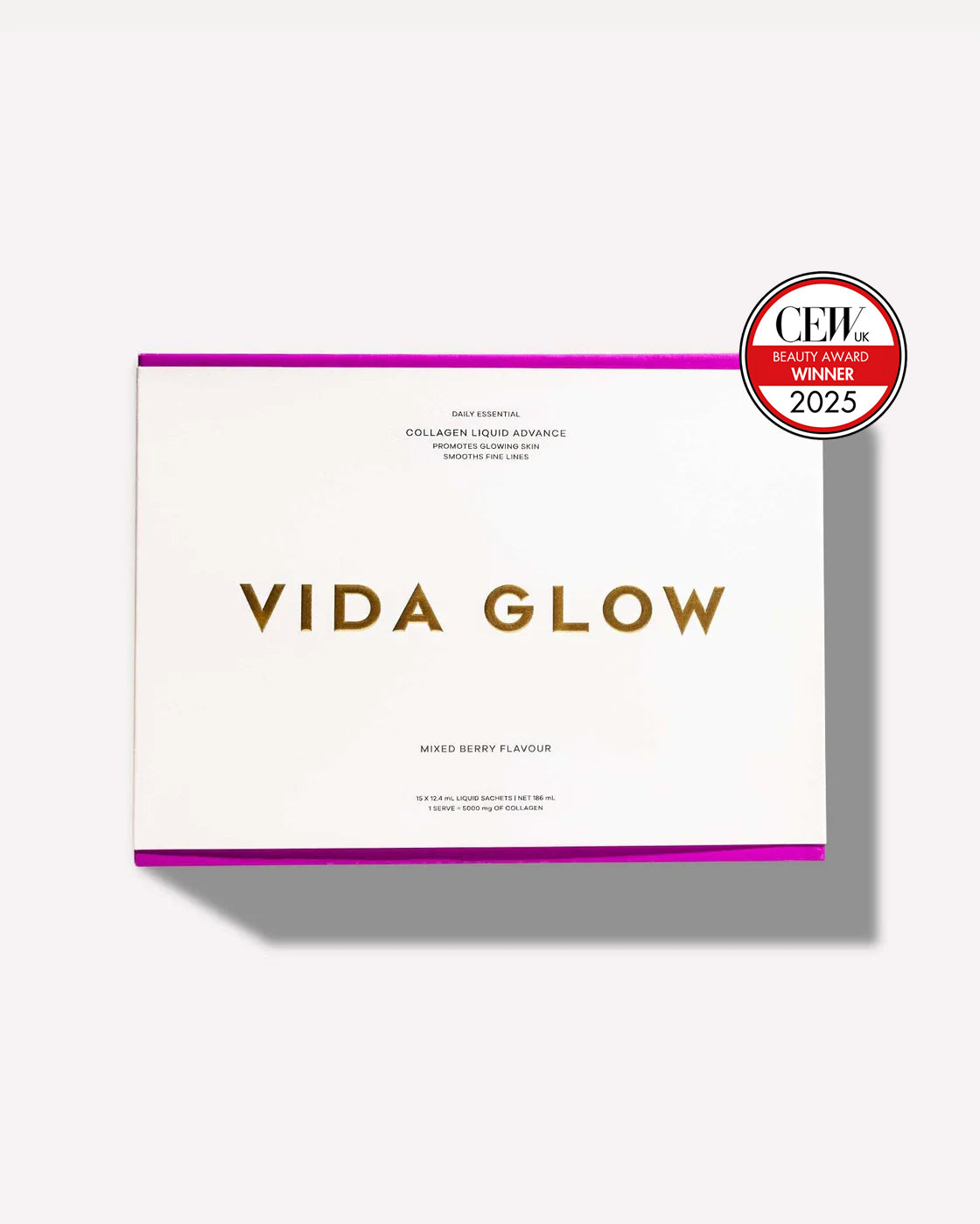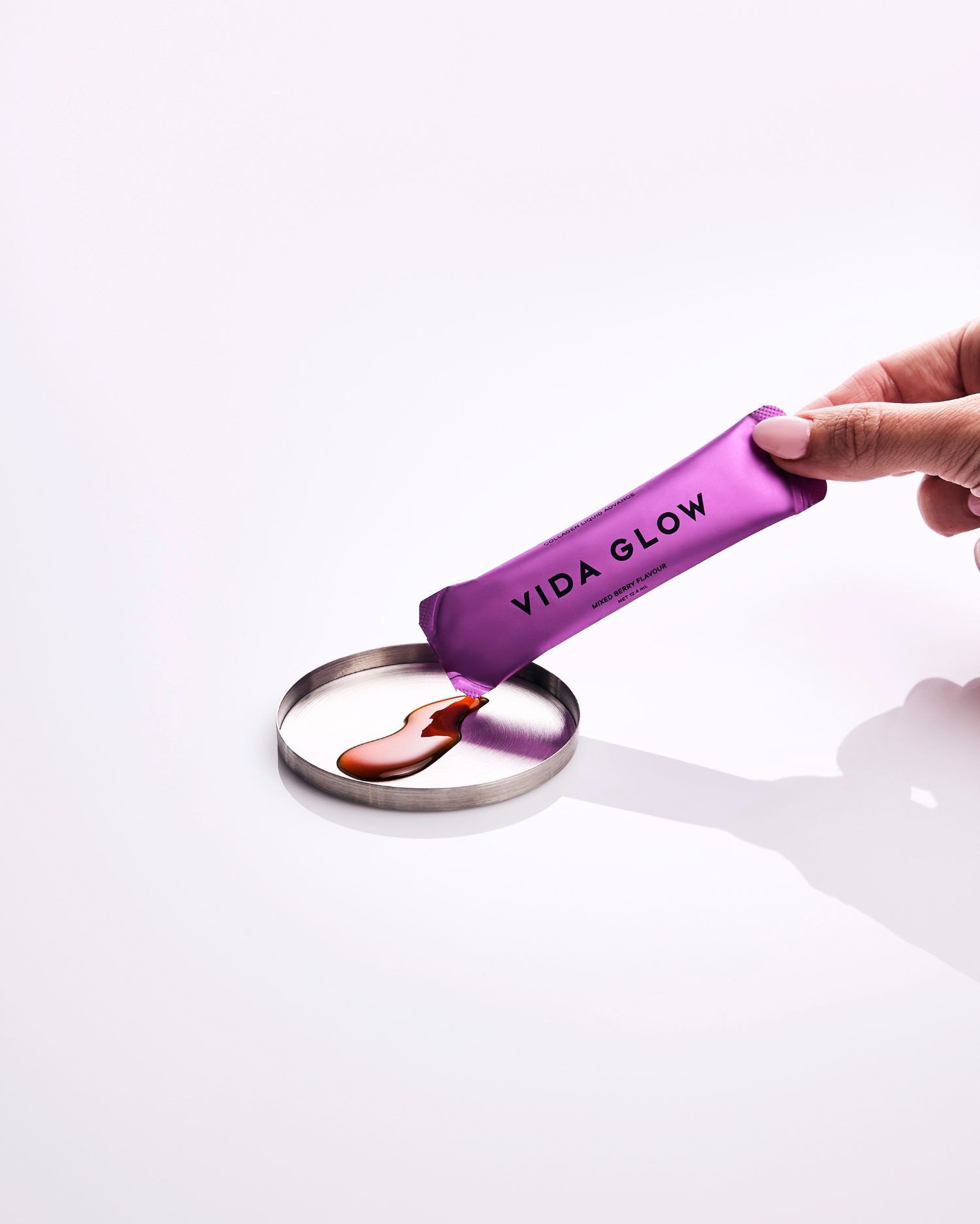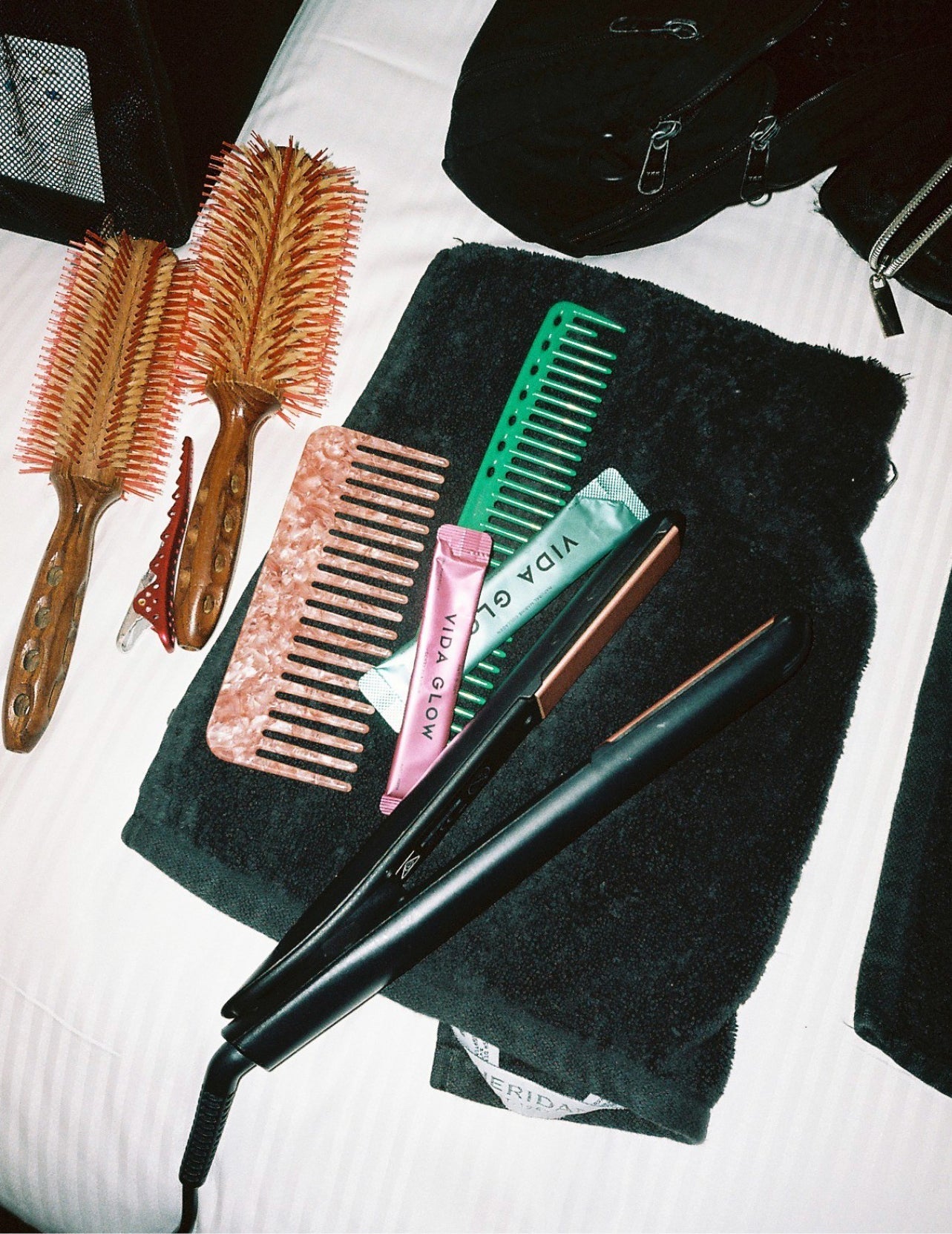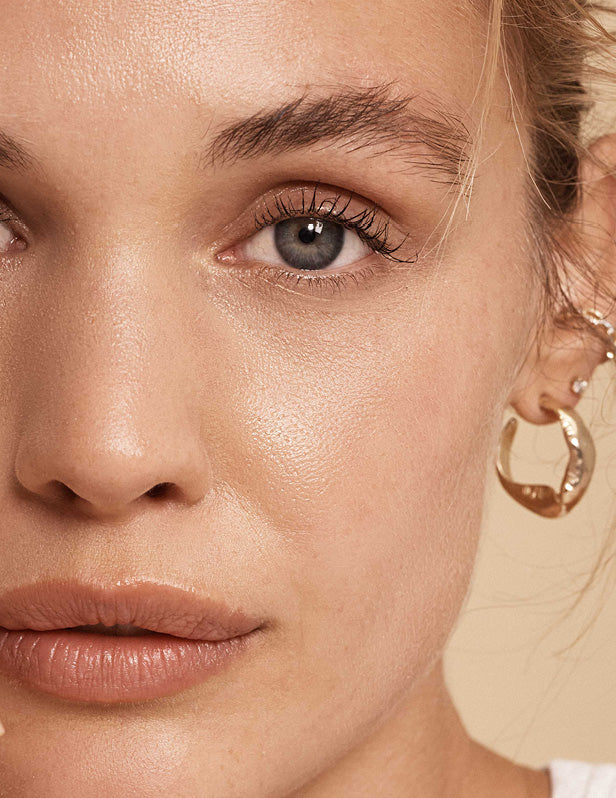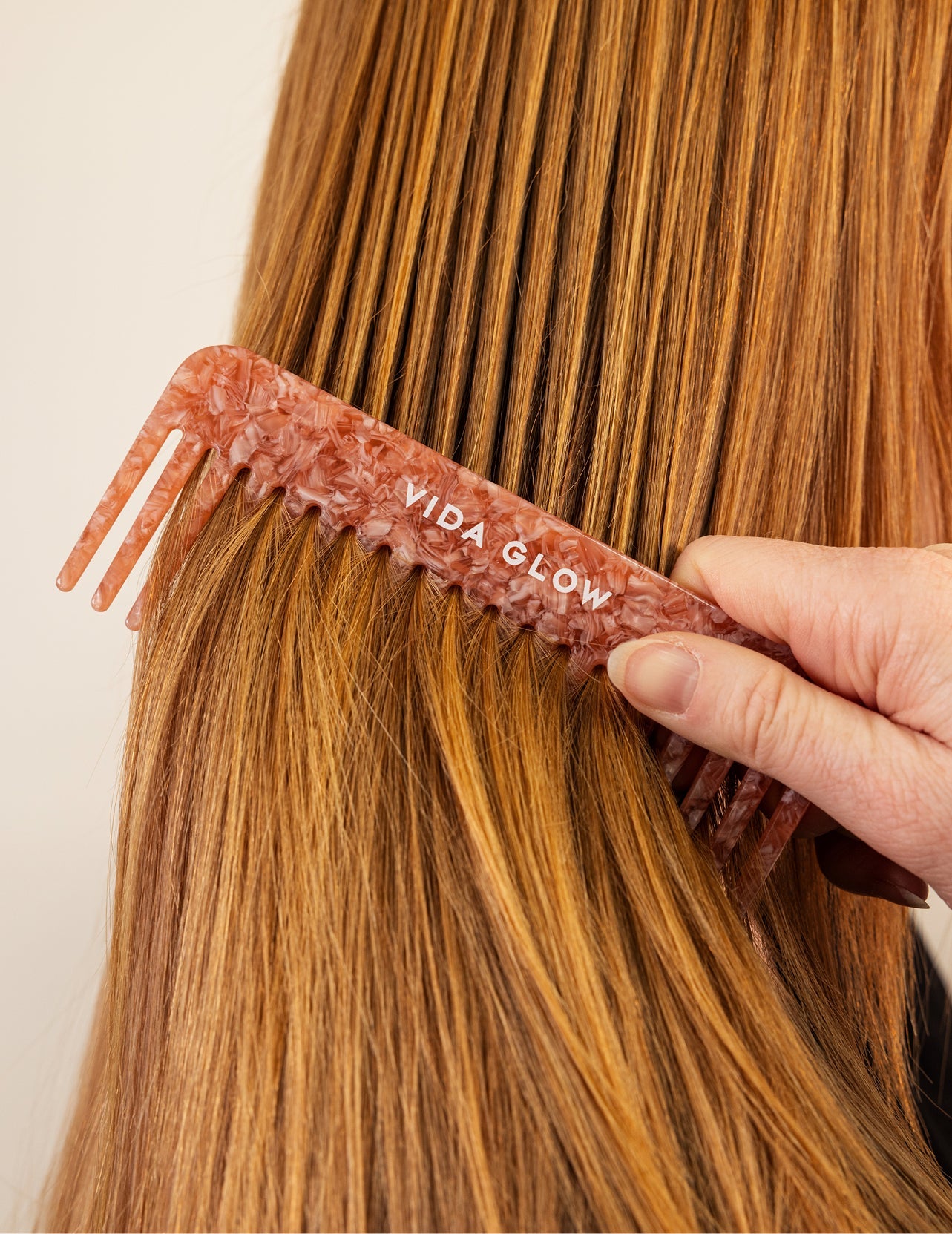Hair loss is incredibly emotional to experience. And it can be just as overwhelming to treat. This is why it’s so important to understand your hair loss concerns.
For fast, visible results, the best hair loss supplements treat your hair loss triggers at their cause. So whether you’re experiencing big life changes or your hair loss has taken you by surprise, keep reading to learn more about the causes of hair loss and the benefits of targeted hair loss supplements.
What causes hair loss in women?
In healthy women, anywhere from 6% – 38% will experience some degree of hair loss in their lives (1). Telogen effluvium (TE) is a term that describes a form of temporary, reversible hair loss. TE is very common and can happen for a variety of reasons.
Genetics
The most common cause of hair loss is a hereditary condition that happens with ageing – which is known as androgenic alopecia or male and female pattern baldness. This tends to happen gradually, appearing as a receding hairline and bald spots in men and thinning hair along the centre of the scalp in women.
Hormone Changes
It’s extremely common for women to experience hair loss during periods of large hormonal fluctuations – including pregnancy, postpartum and menopause. Additionally, excess or deficiency in thyroid hormones can also prompt hair loss.
Post-partum hair loss is a prevalent concern amongst women. After childbirth an estimated average of 30% of hairs enter the resting phase of the hair growth cycle – known as telogen – approximately nine weeks post-partum. And this is usually when new mothers begin to notice increased hair loss and thinning – which can last anywhere from 6-24 weeks.
In the lead up to menopause, women experience a dramatic decrease in oestrogen production along with other complex hormonal changes that create an imbalance in the ratio of androgens to oestrogen that is thought to cause alterations to the hair growth cycle (2).
Thyroid hormones are imperative for the development and maintenance of the hair follicle. Therefore, when the thyroid isn’t functioning properly – be it there is too much or too little thyroid hormones circulating – this can trigger hair loss (2).
Nutritional Deficiencies
There is a link between hair health and nutritional deficiencies. Extreme weight loss, severe reductions in carbohydrate intake, malnutrition or protein deficiency can trigger excessive shedding. Likewise, essential fatty acids, minerals and micronutrients are needed for normal cell growth and function and can contribute to hair loss when they are deficient. Nutrients that can impact hair growth, structure, and quality when deficient include zinc, B vitamins, iron, iodine, and selenium.
Is hair loss hereditary?
Hair loss conditions like female or male pattern hair loss – also known as androgenetic alopecia – are hereditary.
Whether you’re susceptible to hair loss or not, it’s also perfectly healthy to lose hair with age. As our collagen reserves decline and the hair growth cycle slows, age-related hair loss appears as a widening part and thinning hair.
So if you’re experiencing age or lifestyle-induced hair loss, clinically backed hair loss supplements can reduce hair loss and support thicker, fuller hair.
Do hormonal changes cause hair loss?
Hair loss can be brought-on by hormonal changes throughout our lives. As our bodies readjust following childbirth, excess shedding is commonly experienced three-months post-partum, while weak, thinning hair is often experienced during menopause.
Does lack of sleep cause hair loss?
Our hair isn’t immune to fast-paced, modern living. According to a recent study, oxidative stress could be caused by lack of sleep, pollution, UV exposure and unbalanced diets, creating stress on a cellular level. Oxidative stress inhibits our body’s natural regeneration process and our hair follicles can’t absorb nutrients like they should. This slows our hair growth and may contribute to hair loss and thinning long-term.
Does stress cause hair loss?
Hair loss is also triggered by stress and illness. Following the shock of emotional stress, injury or surgery, our bodies can prematurely push actively growing hairs from the anagen phase into telogen, the resting phase. When this heightened proportion of our hair stops growing and falls, you might experience thinning, sparse hair.
Does lack of protein cause hair loss?
Nutritional deficiencies like a lack of protein can cause hair loss. Keratin is a fibrous protein responsible for our strands – so protein is essential for its production. If you’re lacking protein, try supplementing marine collagen. Collagen is a protein – and as a hydrolysed peptide powder, natural marine collagen stimulates collagen and creates an optimal environment for hair growth. For those on the go, collagen sachets offer a convenient option to supplement collagen in your daily routine. In just a few weeks of consistent supplementation, you can expect fast-growing, healthy hair.
What is the best supplement for hair loss?
The best supplement for hair loss targets the causes of hair loss at the follicle. This is how Hairology works. Hairology is Vida Glow’s holistic capsule for hair loss, thinning and growth. Formulated with AnaGain™ and four clinically proven actives, Hairology delivers visible results backed by research on hair loss treatments. This is how Hairology’s synergistic actives work together as the best supplement for hair loss.
AnaGain™
AnaGain™ is a clinically studied pea sprout extract rich in micronutrients. By supporting healthy hair follicles and the hair growth cycle, daily AnaGain™ supplementation with Hairology reduces hair loss by 34% in just 28 days, according to a recent finding in hair loss treatment.
Selenium
To help hair loss caused by lack of sleep and an out-of-balance lifestyle, Hairology contains selenium, an antioxidant-rich micronutrient which has proven by clinical research to help protect against oxidative stress and its effects on hair loss. So your hair follicles can grow and thrive.
Bladderwrack
If your hair loss is caused by a lack of iron, bladderwrack is a seaweed extract high in fibre, iron, vitamin B12, polysaccharides and iodine. With a daily dose in Hairology, bladderwrack supplements are proven to improve a balanced diet with additional iron (2). It even supports healthy thyroid hormones to minimise related hair loss.
Biotin
For hair loss and damaged, lacklustre strands caused by a lack of protein, biotin may also help restore hair. Biotin is a B-group vitamin that’s vital for keratin function and maintaining healthy hair follicles. With daily biotin supplementation in a multitasking formula like Hairology, biotin supports hair growth, strength and thickness from the inside out.
Zinc
When your hair is slow to grow, try zinc. It’s a healing trace mineral which supports healthy hair growth on a cellular level – and its deficiencies are often linked to hair loss and thinning (3).
By actively reducing hair loss and topping-up nutritional gaps with essential vitamins, minerals and micronutrients, Hairology is a targeted hair loss supplement. Its clinically backed formula combines the best hair loss supplements and actives – for real results you can see, touch and brush.
Want to learn more about how you can prevent hair loss? Discover collagen for hair growth and the best types of collagen to support overall health.
Sources
(1) Varothai, S., Bergfeld, W.F. Androgenetic Alopecia: An Evidence-Based Treatment Update. Am J Clin Dermatol 15, 217–230 (2014).
(2) Catarino MD, Silva AMS, Cardoso SM. Phycochemical Constituents and Biological Activities of Fucus spp. Mar Drugs. 2018 Jul 27;16(8):249. doi: 10.3390/md16080249. PMID: 30060505; PMCID: PMC6117670.
(3) Ogawa Y, Kinoshita M, Shimada S, Kawamura T. Zinc and Skin Disorders. Nutrients. 2018 Feb 11;10(2):199. doi: 10.3390/nu10020199. PMID: 29439479; PMCID: PMC5852775.

